Citizen Science: Promoting Global Health
Citizen science is a concept that has gained immense importance in recent times. It refers to the active involvement of members of the public in scientific research activities, often in collaboration with professional scientists. This partnership allows non-experts to contribute to scientific knowledge and promote the democratization of science. Citizen science can play a significant role in global health, as it can help to collect data and monitor public health issues worldwide. In this blog post, we will discuss the importance of citizen science to global health.
- Early Detection and Response to Disease Outbreaks
Citizen science can help in early detection and response to disease outbreaks by collecting data and monitoring the spread of disease. For example, in 2014, during the Ebola outbreak in West Africa, citizen scientists used their smartphones to track the spread of the virus and identify new cases. This allowed public health officials to respond quickly and contain the outbreak.
- Identifying Risk Factors and Determinants of Health
Citizen science can help identify risk factors and determinants of health that may not be captured by traditional research methods. For example, citizen scientists can collect data on environmental factors that may affect health, such as air quality, water quality, and pesticide use. This information can help public health officials make informed decisions and develop policies to protect public health.
- Encouraging Community Engagement and Participation
Citizen science encourages community engagement and participation in scientific research. This can help to increase awareness of public health issues and promote community involvement in addressing these issues. For example, community members can collect data on their own health, such as blood pressure and blood sugar levels, and use this information to make lifestyle changes that can improve their health outcomes.
- Promoting Equity in Science
Citizen science promotes equity in science by providing opportunities for individuals who may not have access to traditional scientific research methods. This can help to reduce disparities in health outcomes by ensuring that everyone has an opportunity to contribute to scientific research and benefit from its findings.
- Generating Novel Research Questions
Citizen science can generate novel research questions and hypotheses that may not have been considered by professional scientists. This can lead to new discoveries and insights into public health issues. For example, citizen scientists can identify patterns in data that may not have been noticed by professional researchers, leading to new research questions and avenues of investigation.
In conclusion, citizen science is a powerful tool that can help to promote global health by detecting disease outbreaks, identifying risk factors and determinants of health, encouraging community engagement, promoting equity in science, and generating novel research questions. By involving members of the public in scientific research, we can create a more informed and engaged society, promote better health outcomes, and build a more equitable and sustainable world.


